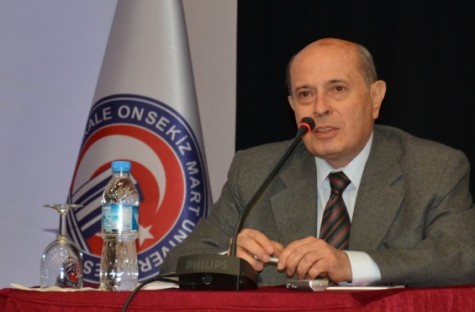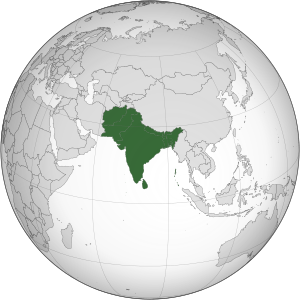Ceremonies commemorating the centennial of 24 April 1915 held in Armenia and the Diaspora came to an end and other events on this occasion started to diminish. Although Armenia wants to continue such activities for at least a year in order to pressurize Turkey, it is understood that activities from now on will be less significant and will draw less attention compared to the previous ones.
To what extent were these commemorative ceremonies and other activities effective?
Contrary to the expectations of Armenians, it is not possible to say that the Turkish Government and official circles were affected by these ceremonies and activities. Conversely, the strong reactions against Pope Francis, the German President and parliaments of countries which adopted genocide resolutions are signs that Turkey will be more determined to combat genocide allegations. When considered from this point of view, a situation contrary to the expectations of Armenian circles occurred.
We observe the same situation in the Turkish public opinion, except the Peoples' Democratic Party (HDP) and some liberal circles.
The Armenian Diaspora had planned to organize protests and grandiose events in several cities, İstanbul in particular, by bringing a large number of foreigners and with the help of their proponents. Indeed, these events took place. However, Gallipoli ceremonies outshined these events and prevented them to have any effect.
Ceremonies and events outside of Turkey, compared to the previous years, were more grandiose and more in number. However, since these had nothing new to offer, these did not have the intended effect. On the other hand, the canonization of 1,5 million people alleged to be killed during the resettlement process did not draw the expected attention as it was not taken seriously. Since the activities of celebrities such as Kim Kardashian, George Clooney and his wife Amal and rock concerts by the band ‘System of a Down’ were inappropriate in a day of mourning, these were even criticized by several Armenian circles.
In brief, despite every effort, the goal of introducing the Armenian genocide claims to large masses was not achieved.
The most important point that should be considered is what the Armenians gained from such ceremonies and events other than expressing their negative emotions against Turkey and Turks.
The Pope’s and German President’s words and genocide resolutions adopted by parliaments of several countries did not make any changes in Turkey’s position and caused strong reactions as mentioned above. On the other hand, the governments of countries whose parliaments adopted genocide resolutions, carefully avoided to ask Turkey to recognize the Armenian genocide claims. Despite a similar resolution by the European Parliament, executive organs of this organization continued their policy of not tying Turkey’s potential membership with Armenian genocide allegations. Although personally believing the Armenian genocide thesis, the American President did not use the word and only used the term “Metz Yegern”.
The expectations of both Armenia and the Diaspora from such grandiose ceremonies and activities was to create an environment that will facilitate the recognitions of the genocide claims by Turkey and thus, create a glimmer of hope for the realization of demands such as compensations, return of properties and giving territories to Armenia by Turkey. However this did not happen and in fact, contrary to expectations, Armenia did not or could not manage to bring forward their demands from Turkey.
In brief, it is seen that these centennial ceremonies and other events did not have any effect beyond satisfying the Armenian public opinion and did not have any other outcomes other than further deteriorating Turkey-Armenia relations.

THE RESOLUTION OF THE EUROPEAN PEOPLE’S PARTY - Ömer Engin LÜTEM
 SOUTH ASIA: THE FIELD OF NEW ALLIANCES AND NEW CONFLICTS
SOUTH ASIA: THE FIELD OF NEW ALLIANCES AND NEW CONFLICTS
 GEORGIA’S ANAKLIA PORT ON THE MIDDLE CORRIDOR ROUTE
GEORGIA’S ANAKLIA PORT ON THE MIDDLE CORRIDOR ROUTE
 BIASED COVERAGE OF THE OTTOMAN EMPIRE IN WWI AND THE 1915 EVENTS
BIASED COVERAGE OF THE OTTOMAN EMPIRE IN WWI AND THE 1915 EVENTS
 ARMENIA: THE TOOL OF POPULISM IN THE FRENCH ELECTIONS
ARMENIA: THE TOOL OF POPULISM IN THE FRENCH ELECTIONS
 AN EVALUATION OF FILMS WITH THE GENOCIDE THEME DURING THE CENTENARY
AN EVALUATION OF FILMS WITH THE GENOCIDE THEME DURING THE CENTENARY




























